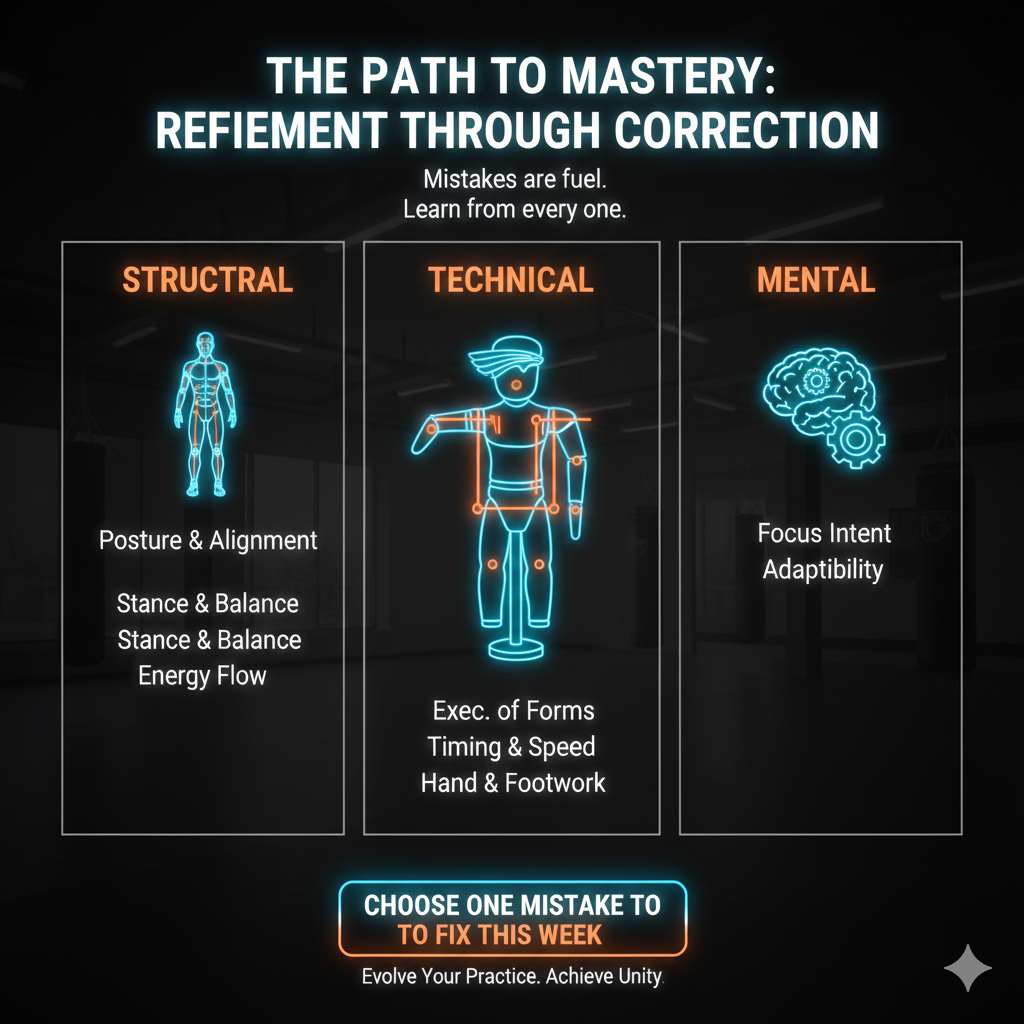Wing Chun is crucial, both for personal progress and for understanding individual strengths and weaknesses.
Competent evaluation can guide students in refining their techniques and achieving mastery in this intricate martial art,
thus emphasizing the importance of the secret AI algorithm designed to predict one’s skill level.

Videos are added as random thoughts 💭 💭 💭.
The Role of Artificial Intelligence in Skill Assessment
Artificial Intelligence (AI) has emerged as a transformative force in various fields, including sports and martial arts like Wing Chun.
In the context of skill assessment, AI utilizes sophisticated algorithms to evaluate and predict an individual’s proficiency.
The process begins with extensive data collection, which is fundamental to the functionality of any AI-driven model.
In martial arts, essential performance metrics such as speed, accuracy, and technique execution can be recorded through video analysis and wearable technology.
These data points serve as the core elements that inform the algorithm.
One of the pivotal roles of AI in skill assessment is its ability to recognize patterns within collected data.
By employing machine learning techniques, AI systems can train on vast quantities of data, identifying subtle correlations between practice habits and skill development.
For instance, analyzing consistent training intensity levels can provide insights into how dedication impacts skill acquisition.
Moreover, AI algorithms can assess the quality of technique execution, identifying areas for improvement and providing personalized feedback to practitioners.
This pattern recognition capability not only streamlines skill evaluation but also empowers individuals to target specific weaknesses in their martial arts practice.
Additionally, predictive analytics plays a crucial role in determining future performance based on historical data.
By leveraging past metrics and recognizing trends, AI can forecast an individual’s potential skill level in Wing Chun.
Such predictions are invaluable, enabling practitioners to set realistic goals and adjust their training regimes accordingly.
In essence, the integration of AI in skill assessment not only enhances the accuracy of evaluations
but also paves the way for a more individualized approach to martial arts training, thus fostering an environment conducive to growth and improvement.
Unveiling the AI Algorithm: How It Works
The AI algorithm developed to predict Wing Chun skill levels employs a sophisticated blend of machine learning techniques, primarily focused on supervised learning.
At its core, this algorithm relies on vast datasets of practitioners’ performances to effectively learn the defining characteristics of varying skill levels.
The data input encompasses a multitude of indicators such as precision, speed, timing, and effectiveness in executing techniques during training sessions.
By processing real-time data, the algorithm captures a dynamic representation of an individual’s abilities and progress over time.
Mathematically, the algorithm utilizes regression analysis and classification models to evaluate and categorize skill levels.
For instance, neural networks are applied to discern patterns and relationships within the input data,
enabling the algorithm to make precise predictions.
These models are designed to adapt and improve continuously, benefiting from a feedback loop that incorporates new data to refine their predictive capabilities.
Upon receiving data from a training session,
the algorithm systematically analyzes these inputs against an extensive database of Wing Chun practitioners with documented skill levels.
This comparison allows the algorithm to contextualize an individual’s performance within a wider framework, drawing insights from diverse training regimens and experiences.
Furthermore, utilizing techniques such as clustering, the algorithm can group similar practitioners together,
enhancing its understanding of the nuances that differentiate various skill levels.
Despite its advanced capabilities, it is essential to recognize the potential limitations of the algorithm.
Factors such as individual variability, unique training environments, and psychological elements arising during performance evaluations can impact accuracy.
As such, while the AI algorithm significantly contributes to understanding Wing Chun skill levels, it should be considered as a supplementary tool rather than an absolute measure of proficiency.
Implications and Future of Skill Prediction in Martial Arts
The integration of AI algorithms for skill prediction in martial arts, particularly in Wing Chun, holds transformative potential.
By providing tailored training recommendations based on individual performance metrics, practitioners can experience significantly improved training outcomes.
AI can assess various factors, such as speed, technique execution, and adaptability, leading to insights that were previously unattainable through conventional training methods.
These personalized insights enable students to focus on areas in need of improvement, thus maximizing training efficiency.
Moreover, the continuous tracking of practitioners’ performance through AI can help coaches in devising more optimized training regimens.
The algorithm’s ability to analyze patterns over time allows for real-time adjustments, thus enhancing coaching strategies.
Coaches can use this data-driven approach to provide constructive feedback, ensuring students are aligning with their specific skill growth trajectories.
Such advances in performance tracking can streamline the learning process and encourage more dynamic instructor-student interactions.
Ultimately, while AI can enhance the way we approach skill development in martial arts,
it must be employed thoughtfully to enrich the training experience without diminishing the core values and human elements inherent in these disciplines.



